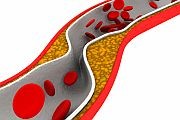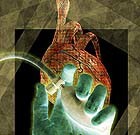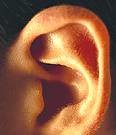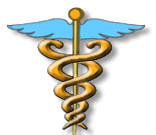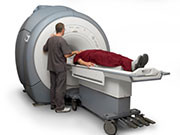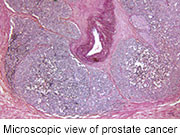ACC: CTCA Alters Diagnosis, Management in Suspected Angina
CTCA alters diagnosis, testing, tx for patients with suspected angina due to coronary heart disease
ACC: PCSK9 Inhibitors Reduce LDL Cholesterol in Long Term
Two studies show reductions in LDL cholesterol with evolocumab and alirocumab
ACC: Enalapril + Folic Acid Cuts Stroke Risk in Hypertension
Study in Chinese population shows reduced risk of first stroke with combined use of enalapril, folic acid
Gender-Specific Variation in Medical Specialties
About 85 percent of ob-gyn residents are female, while more males in surgery, emergency medicine
Getting Heard May Be Key to Getting New Job
Pitch for job was more convincing when evaluators heard it than when they read it
HHS Wants to Help Restore Joy of Medicine
Agency listening to physicians and addressing concerns including EHR usability, meaningful use
Clinical Trial Data Often Not Reported in Timely Manner
Delays in filing findings on new treatments mean patients aren't informed, researcher says
More Support for ‘Timing Hypothesis’ in HRT Use
No cardiovascular disease protective effect seen
Exercise Perfusion CT Imaging IDs Coronary Stenosis
Imaging is feasible and accurate for identifying hemodynamically significant coronary stenosis
CVD Risk Up With Androgen Deprivation Tx in Prostate Cancer
Highest risk during first 6 months of ADT among men who had ≥2 cardiovascular events before tx








